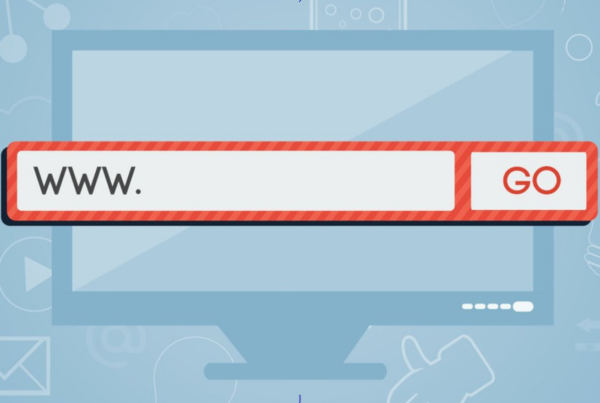
Countless small enterprises, start-ups and business owners nowadays are having websites designed for their businesses in order to establish themselves in the digital realm. It’s great that people acknowledge the importance of creating a website, yet “having” a website for your business is no longer sufficient enough or adequate.
It is undeniable and apparently well established that brands do not require an online presence just to reap benefits; on the contrary, a web presence has become an absolute necessity if a corporation is to compete in today’s competitive environment.
Hereunder are some of the most significant elements and characteristics to take into account when designing a website.
Hosting Service Provider;
Pick a reputable web hosting company with good ranking and a lot of positive feedback. Furthermore, make sure you have an automated website backup functionality. You should also know how often the regular website backup is performed. You should also ensure that the data of your website is backed up regularly.
Logo Design;
Have a professional logo created for your business. It must be prominently displayed at the top of your webpage. It should be easy to comprehend while appearing impeccable and adequate.
Layout;
You can’t really make banners for each and every occasion. Pick wisely which items you’d want to exhibit off to potential clients. Figure out where these banners should be on the website so that they are distinguishable yet don’t feel like they’re being tossed in the customer’s face. Carefully think about how the toolbar will appear and which page or section it will connect to.
Contact Information;
Keep in mind that you need to include any and every relevant contact details, company hours, and social networking tabs that redirect to each of the social media profiles in the footer. Add your contact information like your cell phone number in a prominent location with a click – to – call button besides or under it.
Dedicated Professionalism;
You should work with an agency that does not tell you what you should do. Hire an agency that spends time to learn about your business strategy and then specifies your solutions to you with analogies.
So, once you’ve decided to create a website for your business, what should be your next step?
Let’s suppose, just for comparison’s sakes, you go into any retail business, there are certain specific principles you need to keep in mind, for instance, starting with deciding the location of the store as such that its conveniently accessible to your clientele. Furthermore, after you’ve acquired the store, you’ll need to create a welcoming entryway. The shelving, cash counter, and specific products in their particular display cases are then to be set up. You also make sure that the store appears to be attractive and inviting to the customer. That’s about everything you’ll need to do once you’ve purchased an online store.
Now all of the factors highlighted above contribute to a good website, which is exactly what is required to gain an advantage in today’s world. It matters where your website is hosted and how quickly it loads for your consumers when it comes to your website. After your site is live and fully operational, you may begin designing it. You provide easy navigation for the menus and tabs. You decide which product goes where. You create banners and stuff for specific items. Which payment options, digital wallets, invoices etc. will be validated and incorporated on your website? Do you even have a check-out button somewhere, or do you offer a prompt checkout option? The list goes on.
Technical expertise and skills are required to incorporate the above afore mentioned attributes, but identifying what you want or need for a phenomenal website development needs more commercial sense than tech knowledge. A professional designer will create the website for you, but you should be deeply engaged and involved with the project in order to ensure that the website is one that your target audience will potentially explore.
Conclusion;
When you incorporate all of the mentioned critical factors and aspects of a business website in your company’s web development, you’ll find that your website not only potentially connects with your core demographic, but it also increases conversions, ultimately resulting in more sales.











Recent Comments